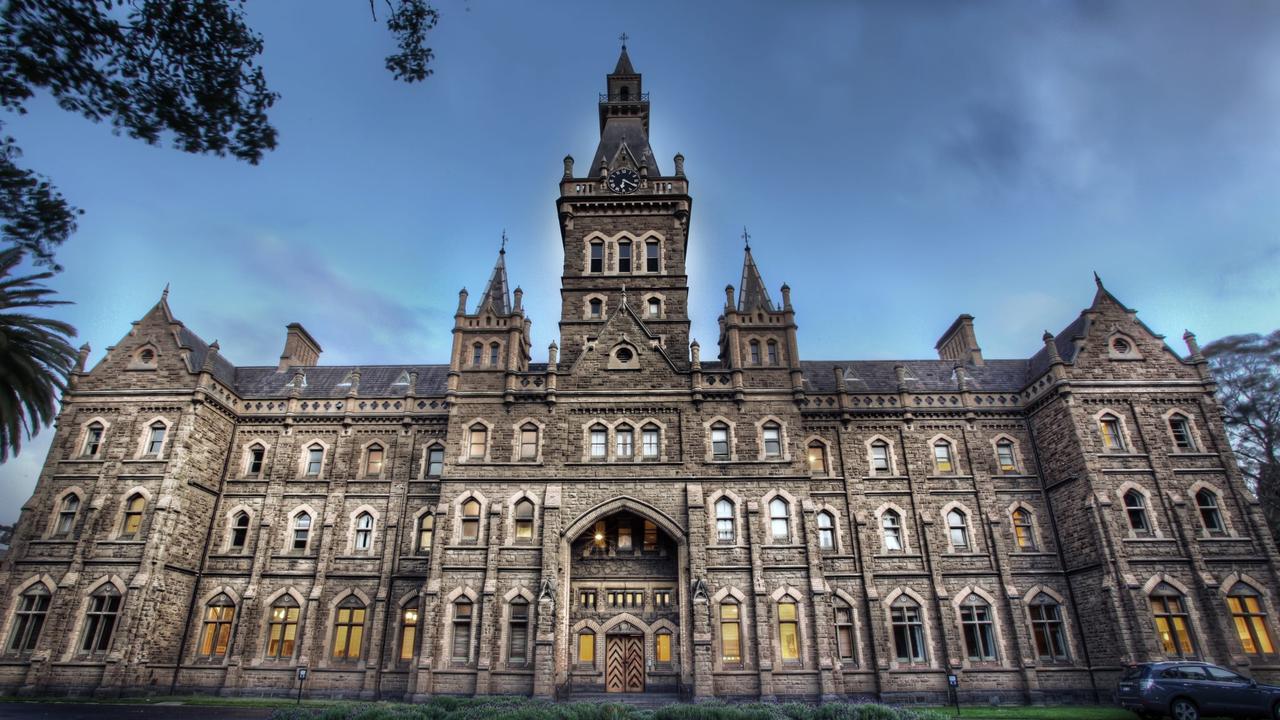University of Melbourne
- Year Established: 1853
- Institution Type: Public
- International Students: 45%
- Total Student Enrollment: 54,000+

Institution Overview
When the University of Melbourne was established in 1853, it was merely a cluster of buildings in a large park on the outskirts of the city, with just four professors and sixteen students. Today, the university has flourished into a leading global institution located in the heart of an international city, consistently ranked among the world’s top universities and holding the number one position in Australia.
Its 100+ research centers have conducted studies on over 8,000 world-class projects.
International students make up 40% of total enrollments, coming from more than 150 countries.
Officially ranked #1 in Australia and #34 in the world.
Ranked #8 globally for graduate employability.
Tuiton & Duration
- Application Fee: Free
- Bachelor's Program Duration: 3 years
- Master's Program Duration: 1.5-2 years
- Estimated Living Costs: AU$1,350-2,600 per month
#1 in QS Australia University Rankings
#34 in QS World University Rankings
#33 in the Times Higher Education World University Rankings
The University of Melbourne offers over 1,000 scholarships. For undergraduate students, there is a tuition fee reduction of AUD 10,000 in the first year of study.
More detailed information is available on the university’s official website:
https://www.unimelb.edu.au/
Main intakes are in February and July.
Additional intake takes place in November.
Depending on the workload, responses typically take 4 to 12 weeks on average.
Completion of secondary education (12 years or equivalent)
Bachelor’s:
IELTS: 6.5+ |TOEFL: 79+ | PTE: 58+
Master’s:
IELTS: 6.5+ |TOEFL: 79+ | PTE:58+
Programs
| Program | Example Majors |
|---|---|
| Bachelor of Arts | Psychology, Politics, History |
| Bachelor of Science | Biology, Computer Science, Physics |
| Bachelor of Biomedicine | Human Structure, Biochemistry |
| Bachelor of Commerce | Finance, Marketing, Accounting |
| Bachelor of Design | Architecture, Urban Planning |
| Bachelor of Fine Arts | Dance, Film & TV, Acting |
| Bachelor of Music | Performance, Composition |
| Program | Field |
|---|---|
| Master of Engineering | Mechanical, Software, Civil |
| Master of Public Health | Health Policy, Epidemiology |
| Master of Information Systems | IT Management, Analytics |
| Master of International Business | Global Strategy, Finance |
| Master of Teaching | Primary, Secondary Education |
| Master of Laws (LLM) | International Law, Human Rights |
| Master of Arts | Linguistics, International Relations |